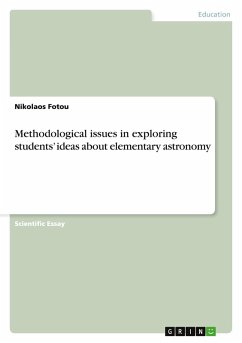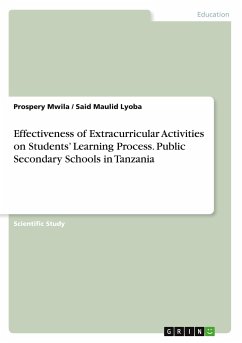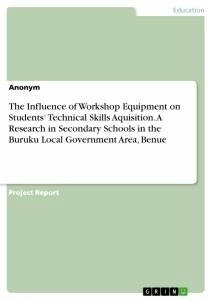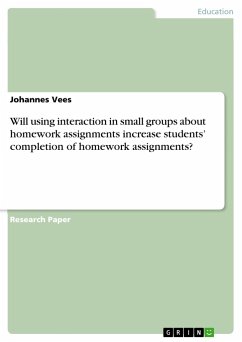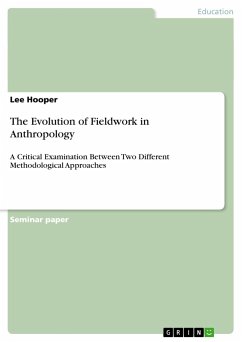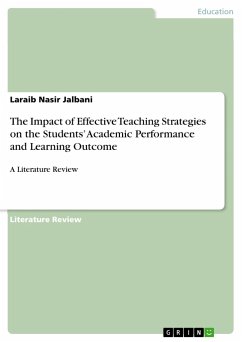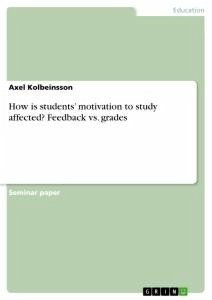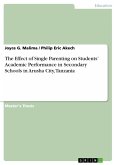Scientific Essay from the year 2011 in the subject Didactics - Common Didactics, Educational Objectives, Methods, grade: Distinction, University of Leeds (School of Education/Centre for Studies in Science and Mathematics Education), language: English, abstract: This study investigates the methods and the questions or the tasks used for researching students' ideas in the domain of elementary cosmology mostly in primary education. Astronomy seems to be fertile and attractive. This is mostly because, in many ways, the scientific perspective of the Earth and relative concepts is contrary to intuition or common-sense and contrary to appearance. For instance, the Sun seems to move on the horizon during daylight hours, but actually it is the Earth that spins on its axes giving that impression. Young students' developing understanding of the Earth and relative phenomena provides a fascinating natural experiment in the sources of young children's developing scientific knowledge. Most studies in this area involve children's understanding of the shape of the Earth, the force of gravity and simple astronomical phenomena such as the day/night cycle. In the last forty years, students' understanding and ideas of scientific phenomena have been of considerable interest to researches in the field of science education. In Mouly's (1978) words, the aim of a research is to promote progress and enable people to resolve their conflicts. In a similar vein, the purpose of the researches in science education is to ensure maturity and progression of education where lacks exist (Cohen and others, 2000). Nevertheless, in some cases the findings of such studies are not consistent and as a result there is disagreement about whether a lack exists or not. Several researchers have claimed that this inconsistency is related with the research approaches using different methods and reaching different conclusions. Generally speaking, the word method concerns those techniques of eliciting answers to predetermined questions, measuring or recording information, describing a phenomenon and carrying out experiments (Cohen and others, 2000). In this study, the term will be referred to the range of approaches used in educational research to collect data and not for data analysis. This information has been used for interpretation, inference and explanation of children's ideas. The methods for analysing the data will not be examined here, albeit there is a significant interrelationship between the data collected and the tools or approaches used for their interpretation. Therefore, even this not being the purpose of this study, some weaknesses of the methods used will be mentioned.
Hinweis: Dieser Artikel kann nur an eine deutsche Lieferadresse ausgeliefert werden.
Hinweis: Dieser Artikel kann nur an eine deutsche Lieferadresse ausgeliefert werden.

